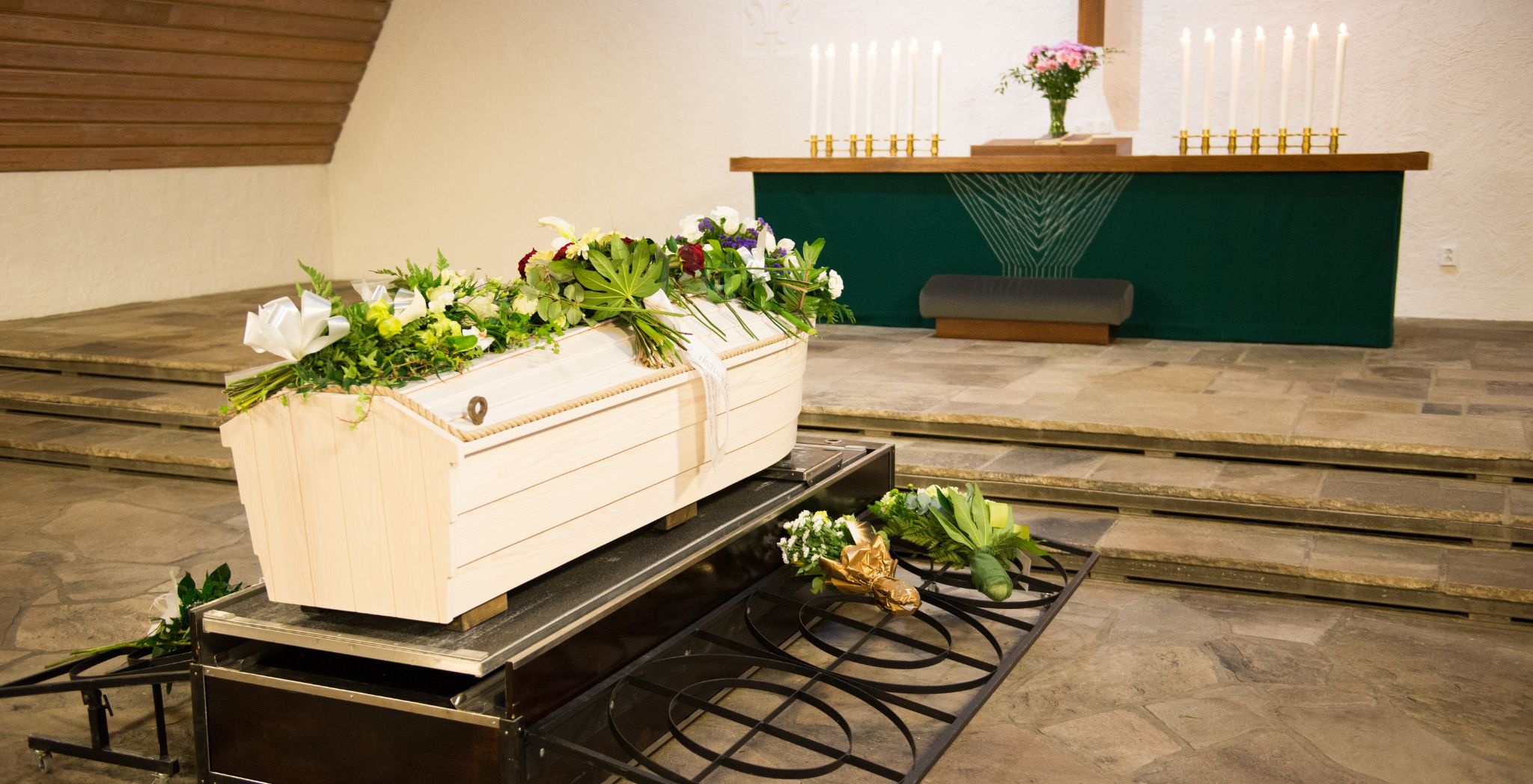
Losing a loved one is never easy, and making arrangements for their final farewell can be overwhelming. In such times, having a guide to cremation services can provide clarity and comfort. Swanborough Funerals recognises the significance of commemorating your loved one’s legacy with utmost dignity and respect. This guide aims to shed light on cremation funeral services and offer support during this challenging time.
Your Guide to Cremation Services

Deciding between burial and cremation is a deeply personal choice. While traditional burials have been customary for centuries, quality cremation services have surged in popularity for a multitude of reasons. Let’s delve into why many families opt for cremation and what the process entails.
Why Choose Cremation?

Cremation is gaining popularity as a preferred option for families when organising funeral services. In this guide, we’ll explore why more people opt for cremation over traditional burial.
Benefits of Cremation Services

There are several benefits of cremation services why individuals and families might choose cremation:
1. Flexibility
Cremation offers more flexibility regarding the timing of the funeral or memorial service. Unlike burial, which often requires immediate arrangements, cremation allows families to schedule the service at a time that works best for them.
2. Cost-Effectiveness
Cremation services can be more affordable than a traditional burial. Families can save money without embalming, a casket, or cemetery fees while still honouring their loved ones in a meaningful way.
3. Environmental Considerations
For individuals who are mindful of the environmental consequences associated with traditional burial practices, cremation presents itself as a more environmentally friendly alternative. It reduces the need for land use and avoids the chemicals used in embalming.
4. Personalisation
Cremation offers a wide range of personalisation options. Families have the option to scatter the ashes in a place that holds special significance, preserve them in an urn at home, or integrate them into personalised memorial jewellery or artwork.
5. Space Considerations
In areas where cemetery space is limited or expensive, cremation provides a practical solution. It eliminates the need for a burial plot and allows families to memorialise their loved ones in a way that doesn’t require physical space.
6. Cultural and Religious Considerations
Many cultures and religions accept cremation as a respectful way to honour the deceased. For families with specific cultural or religious beliefs, cremation may align more closely with their traditions.
Guide to the Cremation Process

So, what exactly happens during the cremation process? Here’s a brief overview:
1. Preparation
Prior to cremation, the body undergoes preparation, which involves the careful removal of any jewellery, medical devices, or other items that may disrupt the cremation process.
2. Cremation
The body is placed in a chamber for cremation, where it is exposed to high temperatures (typically between 760 and 982 degrees Celsius) for several hours. During this time, the body is reduced to bone fragments through combustion.
3. Processing
Once the cremation is complete, the remains can cool before being processed into a fine powder. Any metal objects, such as dental fillings or surgical implants, are removed from the ashes.
4. Final Resting Place
Families can choose how they wish to handle the cremated remains. Some may opt to scatter them in a meaningful location, while others may choose to keep them in an urn or other container.
A Brief Explanation of Cremation

Cremation is a process that involves the respectful and dignified incineration of a deceased person’s remains. The body is placed in a chamber for cremation, where it is exposed to high temperatures ranging from 760 to 982 degrees Celsius. Over a period of two to three hours, the body is reduced to bone fragments, which are then pulverised into fine ashes known as cremains.
What Happens After Cremation?

After cremation, several steps are typically taken to handle the ashes and honour the deceased. Understanding this process can help you decide what you’d like to do with your loved one’s remains. Here’s a general overview of what happens after cremation:
1. Cooling and Processing
After the cremation process, the remains, often called cremains, are allowed to cool. Any metal objects, such as dental fillings or surgical implants, are removed. The remaining ashes are then processed into a finer consistency.
2. Collection and Storage
The ashes are placed in a container, usually an urn, which can be selected based on personal preference. The urn can be kept at a funeral home, buried, or taken home by the family.
3. Memorialisation
Families can choose various options to memorialise their loved ones. Families have various options for memorialising their loved one after cremation. These options encompass scattering the ashes in a location with personal significance, interring them in a cemetery or memorial garden, or displaying them in a decorative urn within the home.
4. Ceremony or Service
Many families hold a memorial service or funeral ceremony after cremation. This can be a traditional service, a celebration of life, or a more intimate gathering with family and friends.
5. Legal and Administrative Tasks
Depending on local regulations, there may be paperwork to complete, such as obtaining a death certificate and arranging for the final disposition of the remains.
6. Personalisation
Families can personalise the cremation process to honour their loved one’s life. This can include incorporating religious or cultural traditions, displaying photos or mementoes, or playing their favourite music during the service.
7. Support and Guidance
Funeral homes like Swanborough Funerals can provide support and guidance throughout the cremation process. They can help you understand your options, make arrangements, and ensure that your loved one is honoured meaningfully.
8. Grief and Healing
After the cremation process is complete, families may continue to grieve and process their loss. It’s crucial to reach out for support from family, friends, counsellors, or support groups to help manage the emotional impact of losing a loved one.
Conclusion
Cremation funeral services offer families a dignified and customisable way to honour their loved ones’ memories. Whether you choose cremation for its flexibility, affordability, or environmental benefits, Swanborough Funerals is here to support you every step of the way. With our compassionate guidance and quality cremation services, you can create a heartfelt tribute that honours a life filled with meaning and purpose.
 "/>
"/>
